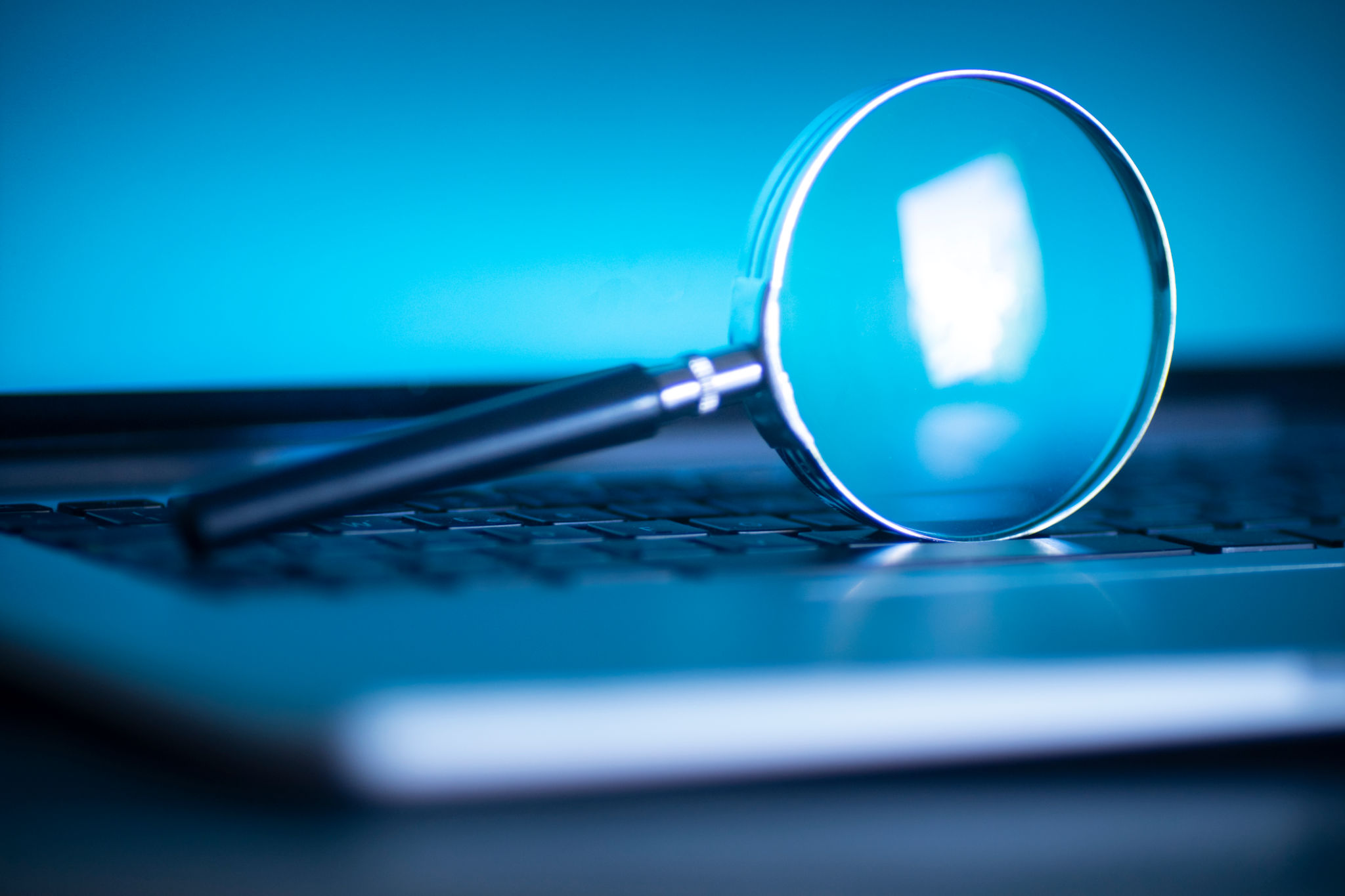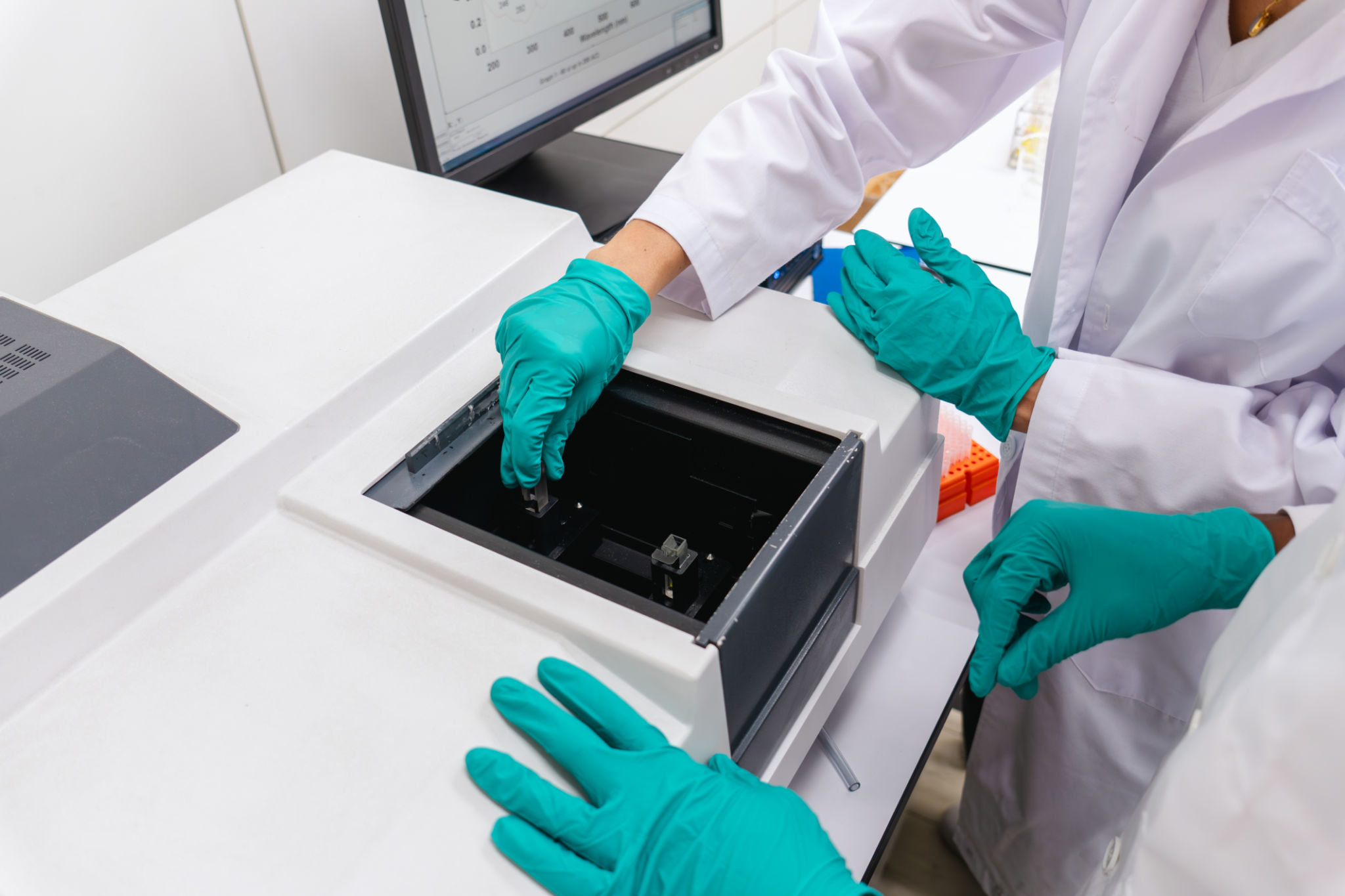Comparing Analytical Instruments: Which One is Right for You?
Understanding Analytical Instruments
In the world of scientific research and industrial applications, choosing the right analytical instrument can significantly impact the accuracy and efficiency of your work. With a plethora of instruments available on the market, it's essential to understand their unique features and applications. This guide will help you compare various analytical instruments to determine which one best suits your needs.
The type of analytical instrument you choose should align with your specific requirements, whether it's for quality control, research, or diagnostics. Considerations such as sensitivity, precision, and budget are critical when making your decision.

Types of Analytical Instruments
Chromatography Systems
Chromatography is a widely used technique in laboratories for separating mixtures. Instruments like gas chromatographs (GC) and liquid chromatographs (LC) are essential for analyzing complex compounds. Gas chromatography is particularly useful for volatile substances, while liquid chromatography is ideal for liquid samples. These systems are crucial for applications in pharmaceuticals, environmental testing, and food safety.
Spectroscopy Instruments
Spectroscopy involves measuring the interaction between light and matter. Instruments such as spectrophotometers and mass spectrometers are commonly used in this field. Spectrophotometers measure the intensity of light absorbed by a sample, providing insights into its composition. Mass spectrometers, on the other hand, are powerful tools for identifying the molecular structure of compounds.

Choosing the Right Instrument
Your Analytical Needs
The first step in selecting the right instrument is to clearly define your analytical needs. Consider the nature of the samples you will be analyzing, the level of sensitivity required, and the throughput necessary for your operations. For instance, if you require rapid analysis of large sample volumes, an automated system might be beneficial.
Budget Considerations
While high-end analytical instruments offer advanced features and greater precision, they also come with a higher price tag. It's important to balance your budget with your technical requirements. Consider whether leasing instruments or purchasing refurbished equipment might be viable options to reduce costs without compromising on quality.

Technological Advancements
The field of analytical instrumentation is continually evolving, with new technologies enhancing capabilities and efficiency. Instruments now often include software for data management and analysis, improving accuracy and ease of use. Stay informed about the latest advancements to ensure your laboratory remains competitive and capable of handling complex analyses.
In conclusion, selecting the right analytical instrument requires careful consideration of your specific needs, budget constraints, and the latest technological advancements. By understanding the diverse range of available instruments and their applications, you can make an informed decision that will enhance your research or industrial processes.
